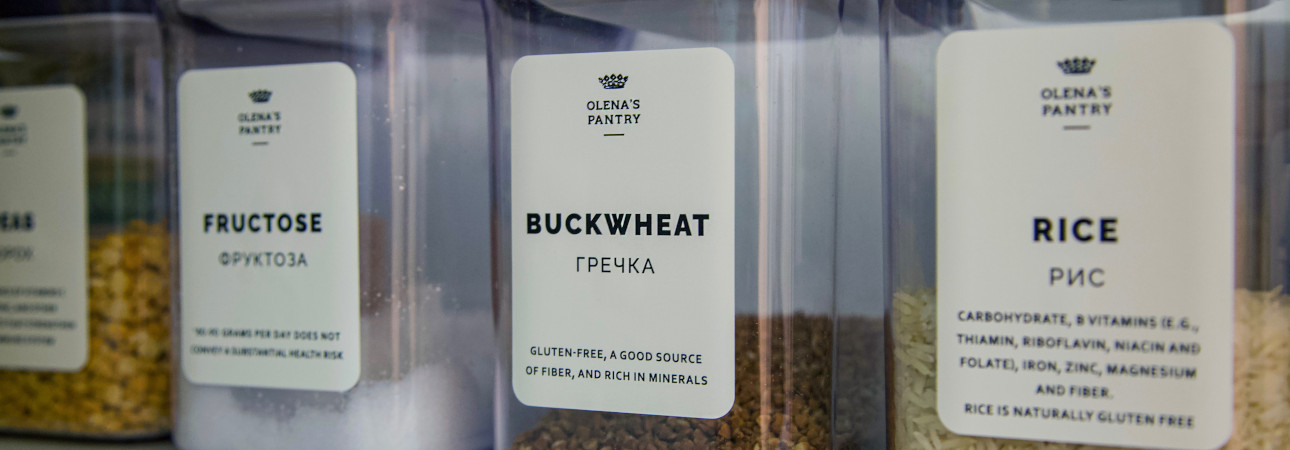Did you like the article? Share it!
Time management for small food business owners

The Food industry can be a really competitive market especially for a small food business. For this reason time management is the key for success. Small food business owners, CEO, directors, head of personnel, switchboard operator, have to perform many different roles every day. When time is short, try our suggestions to complete your schedule.
1. Plan the week ahead
Planning the week is a basic principle of time management for small food business owners by creating a schedule for the week you can plan and structure your time in advance in order to prioritize the various activities and make them done quickly. Do you have to label your food products and then ship them to your customers? Plan it in advance. Do you need to order the new e-commerce boxes? Plan it in advance. Be prepared. Problems are always around the corner. If you come prepared you will know how to deal with them.
2. Make a daily schedule
You should start by diving your tasks into a schedule. Following both a daily and weekly schedule could be optimal. Online you can find many ready schedules if you fancy, but try to create your own, one that is suitable both for you and your team. A good template should give equal importance to each day and have enough space to write a few words about each task or goal, but don't overdo it, otherwise it gets messy. If you don’t like software you can use a notebook to keep track of the week and always have the program at hand.
3. Throw yourself into the deep work
Did you try to focus on just one single activity during the entire week and you didn’t complete it? The concept of deep work involves consciously focusing on a task, distracting attention from any distractions. To do this, you need to carve out free time from other conflicting commitments to devote yourself completely to an activity, for example, updating the spreadsheet with accounting or drafting a proposal for a client. Include time for deep work in the weekly agenda and make sure to support your intentions by eliminating any distractions and interruptions during this time frame. For example, you can use a "do not disturb" sign or an automatic reply email. This will help you a lot.


4. Plan your workday
What is the typical working day like for small food business owners? The reality is that if you are an entrepreneur, you already know that those kind of days do not exist! This does not mean, however, that you cannot organize your time. A daily plan is useful even if it changes as it helps keep track of priorities, deadlines and progress made on longer-term projects. As with the weekly programs, the secret lies in having a flexible schedule that adapts to the news and is not too rigid.
5. Group activities by type or project
It can also be useful to combine similar or related activities in a single day so as not to jump from one thing to another and make better use of the time available. For example, you could spend an entire day on marketing tasks, such as promote on social media you small food business, create a newsletter for you customer, as the two tasks are linked and you can apply your creative flow to multiple things at once. I like to divide tasks also in the following way: analytical and more technical activities in the morning and more “artistical” and design related activities in the afternoon. We have a different kind of energy in the morning and this really depends on your character, but usually in the morning is where you should put all of the difficult tasks.

6. Be aware of possible distractions
It is not realistic to plan to be productive every hour of every day, so we advise you not to set impossible goals. Instead, expect distractions and interruptions, as well as unexpected problems and opportunities. When planning for the coming week, enter “break time”, a part of the day when you may not be able to work.
7. Keep priorities in check with a to-do list
Another entrepreneurial tool is the famous to-do list, which is a list of the things you intend to complete during the day, organized in order of precedence. The most important and urgent things go to the top of the list, while the less important and deferrable ones go to the bottom. Don't make a list too long or it will seem impossible to complete. I advise to keep just a few important tasks written in your to do list. I usually think about the most important tasks that I want to complete the next day during the evening, then I send them to myself as a memo by email. The morning after when I start working, I see the tasks and decide on which one to tackle first.
 .
.
Next





